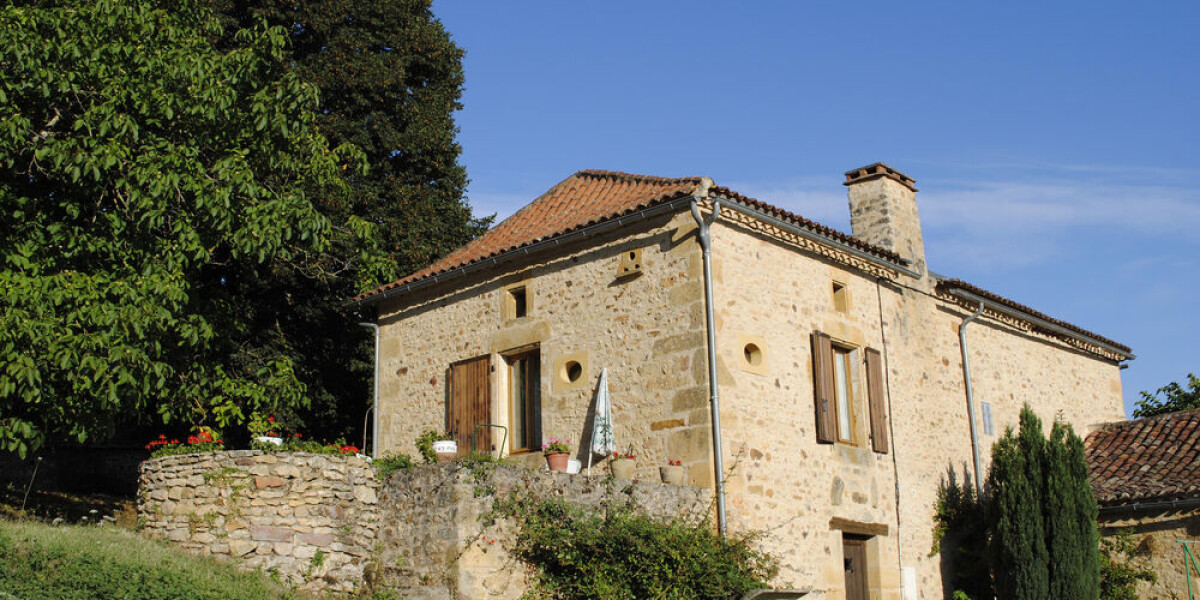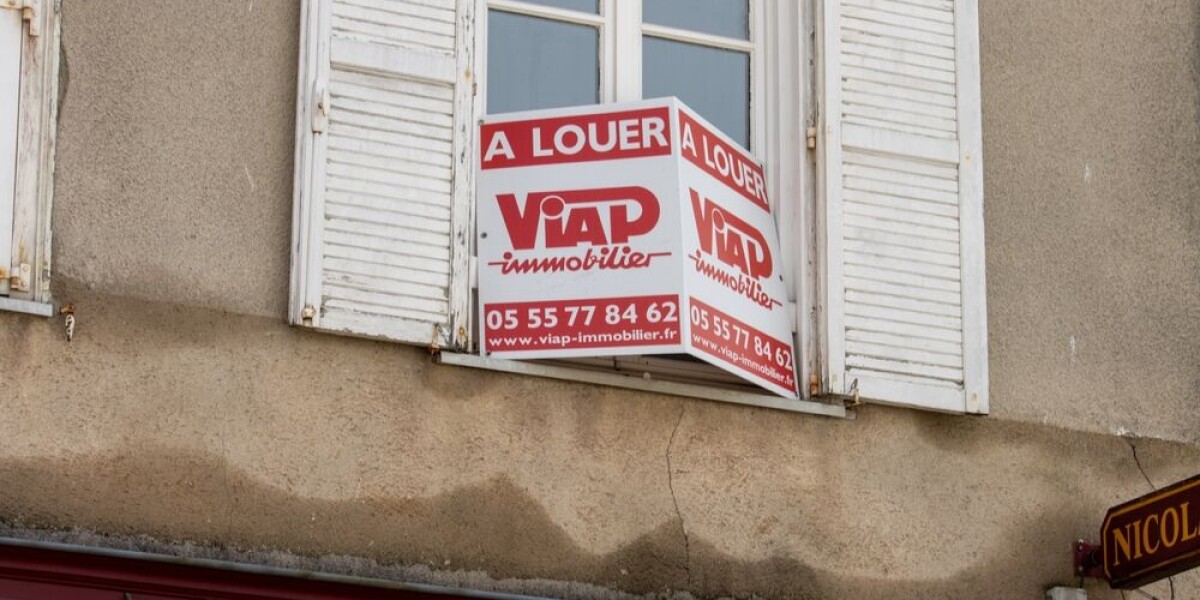
- Select a language for the TTS:
- UK English Female
- UK English Male
- US English Female
- US English Male
- Australian Female
- Australian Male
- Language selected: (auto detect) - EN
Play all audios:
In Germany the Federal Government is being urged to offer payments of at least €300 (£258) to persuade young people to come forward for their Covid vaccinations. A poll in _Die Welt
_suggests that 12 per cent of all Germans have no intention of getting the jab and 18 per cent have yet to make an appointment. So far just 41 per cent of the population has had both doses,
compared to more than half in Britain. Some economists suggest that cash incentives are the most cost-effective method of boosting the proportion to the 80 per cent required for herd
immunity from the Delta variant. These economists may or may not be correct in their assumptions about behaviour. But what does it tell us that younger Germans need to be bribed to do
something so obviously in their own interests, both individually and collectively? They say they don’t feel at risk (despite long Covid) and they say they are too busy. Most obviously, it
tells us that they do not trust the authorities. Even though the benefits of the jab have been abundantly demonstrated by the decline in deaths and hospitalisations across the Western world,
safety concerns and suspicions about official motivations are rife among the young. Online conspiracy theories are only part of the story. There is also an underlying disposition to
disbelieve those who are richer, more powerful and above all older. In the English-speaking world, the catchphrase “OK boomer” encapsulates this scepticism. There might be special reasons
why young Germans are inclined to distrust their elders: two dictatorships in living memory have bred deep anxieties about civil rights and data protection. But the young, who have no
first-hand experience of the Gestapo or the Stasi, might be expected to be less disposed to assume the worst about a liberal democracy they have inherited rather than built for themselves.
Questioning authority is not necessarily a sign of negativity, of course, and one of the virtues of youth, but in a pandemic it must be balanced against solidarity with the rest of society.
It is a cause for concern if the younger generation, which one might expect to be most altruistic, is reluctant to have a Covid jab in the teeth not only of science but of social
responsibility. What has happened to undermine trust? Here in Britain, a survey by the think tank Onward offers a clue. Its report, _Age of Alienation_, indicates that the youngest adults
are experiencing an “epidemic of loneliness”. A fifth of adults under 35 now say they have only one friend or none at all. The share of people who said that most people could be trusted had
fallen nearly twice as fast among people under 35 as among their older counterparts. The most distrustful group is the youngest, aged 18 to 24, only 54 per cent of whom trusted their
families “completely” compared to 80 per cent among the over-65s. The decline of trust in family and neighbours is mirrored by the absence of friends: only 40 per cent of under-35s say they
have four or more close friends, compared to 64 per cent a decade ago. By contrast, among the over-55s, the number with four or more close friends has actually risen from 57 per cent to 66
per cent. Will Tanner, Onward’s director, comments: “After decades of community decline and 15 months of rolling lockdowns, young people have fewer friends, trust people less and are more
alienated from their communities than ever before. And it is getting worse with every generation.” What has caused this alienation and distrust? It is too glib to blame digital technology,
which can be a force for uniting people as well as dividing them. In the circumstances of the pandemic, staying in touch online has been a lifeline for people of all ages. But “remote”
connections are aptly named: a screen presence is no substitute for a physical one. Generation Z, born between 1995 and 2012, has grown up with smartphones and social media, and is in many
ways the best equipped to handle the isolation that has afflicted all of us to some extent in the past two years. But it might also be that 18-35 year olds are more inclined to rely on such
technology and to confuse the synthetic immediacy of the screen with the authentic intimacy of friendship. Working from home may well be a blessing for many of the middle-aged, who are
likely to have already built up a circle of friends, but the absence of direct workplace contact means that the young are losing their best opportunity to get to know fellow students or
colleagues. The lack of trust in families is especially serious, because we build our social networks through a series of concentric circles of which close family is the innermost, followed
by friends, neighbours and other acquaintances. If we can’t trust our own flesh and blood, who can we trust? Certainly not the Government. What, if anything, can be done? The authorities can
bribe the young to be vaccinated, but they cannot be cajoled into making friends — even if that were desirable. One suggestion is to have some form of voluntary civic service, with rewards
to be set off against student loans or training courses. This could only ever be part of the solution, if only because the loneliest young people are also likely to be the ones who drop out
of higher or further education. The pandemic has brought out the best as well as the worst in us, with countless magnificent examples of volunteering, notably among the young. There is no
lack of willingness to participate in the community, if only the opportunity presents itself. What is lacking, perhaps, is inspiration. The crisis has created its own crop of heroes, from
scientists such as Sarah Gilbert and leaders such as Kate Bingham to old soldiers such as the late Captain Tom. But where are the heroes of Generation Z? When Churchill immortalised “the
Few” in 1940, they were almost all very young men. Who are the equivalents today? Boris Johnson has delivered a eulogy to the England football team, even before Sunday’s Euro final. The team
is admirable, certainly, and enviable too: every one of them is a multi-millionaire. The same applies to most other youthful role models. But we need heroes whose talents are ordinary as
well as those who are exceptionally gifted. We need young heroes who don’t need to be rewarded or bribed, for whom the opportunity to serve is reward enough. The honours system tends to
favour older generations, but this year it should perhaps be recalibrated. It is time to target the unsung heroes of Generation Z. A MESSAGE FROM THEARTICLE _We are the only publication
that’s committed to covering every angle. We have an important contribution to make, one that’s needed now more than ever, and we need your help to continue publishing throughout the
pandemic. So please, make a donation._








